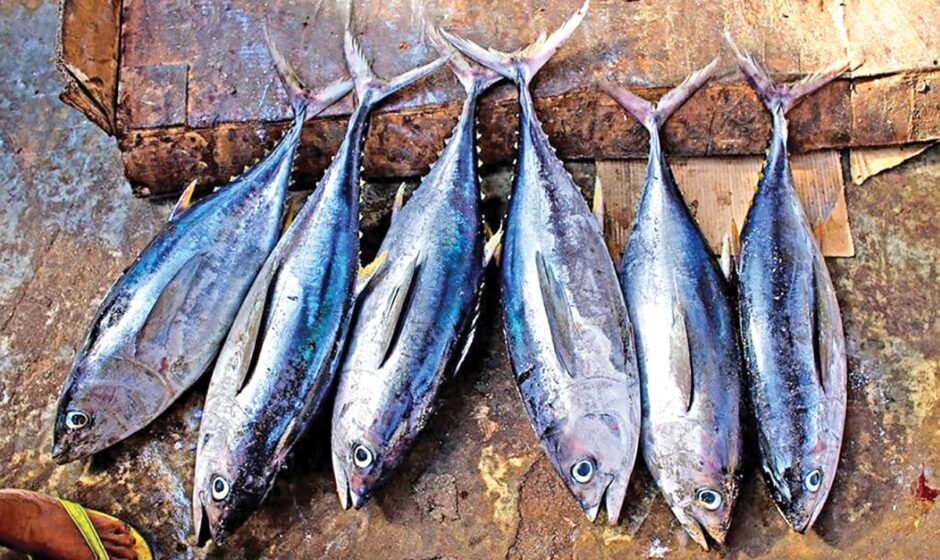For decades, Bangladesh’s fishing nets have skimmed the surface of the Bay of Bengal, harvesting resources within its 24,000 sq. km. exclusive economic zone (EEZ). But in February 2024, a new chapter will begin, as the Department of Fisheries embarks on a trial deep-sea tuna fishing project, venturing into unexplored depths of the Bay. This ambitious initiative holds the potential to unlock a bounty of tuna and other pelagic fish, a valuable addition to Bangladesh’s fisheries sector and a potential game-changer for the economy.
Why the dive into the deep?
Currently, Bangladesh only taps into a fraction of its marine potential. Tuna and similar pelagic fish, known for their delicious meat and high commercial value, typically reside in deeper waters, beyond the 100-meter average depth of existing fishing grounds. Countries like India, Pakistan, Maldives, and Indonesia have long reaped the benefits of deep-sea tuna fishing, and it’s time for Bangladesh to claim its share.
The challenges and the plan:
Shifting gears to deep-sea fishing requires specialized equipment and expertise. The government has procured three longliner fishing vessels, specifically designed for targeting tuna in deeper waters. Additionally, the project emphasizes training for fishers and technical staff, ensuring safe and sustainable practices.
However, concerns linger regarding the environmental impact of this new venture. Responsible management and adherence to international regulations are crucial to prevent overfishing and ecosystem disruption. The project intends to collaborate with the Indian Ocean Tuna Commission to ensure sustainable tuna harvesting practices.
Benefits beyond the catch:
The success of this project promises multiple benefits:
- Boosted fish production: Accessing tuna, with its high market value, will significantly increase Bangladesh’s fisheries output, contributing to food security and export earnings.
- Economic growth: The tuna industry has the potential to create new jobs and stimulate ancillary industries like processing, packaging, and logistics.
- Technological advancements: This initiative encourages investment in advanced fishing technologies and expertise, propelling Bangladesh’s fisheries sector into the modern era.
A cautious optimism:
This foray into deep-sea fishing marks a significant step for Bangladesh, carrying both promise and responsibility. With careful planning, sustainable practices, and collaboration with regional and international partners, this venture can unlock the riches of the Bay of Bengal and chart a prosperous future for the country’s fisheries sector. As Bangladesh sets sail for deep-sea tuna, the world watches with cautious optimism, hoping to see a sustainable and successful model for ocean resource utilization emerge from the blue depths.

